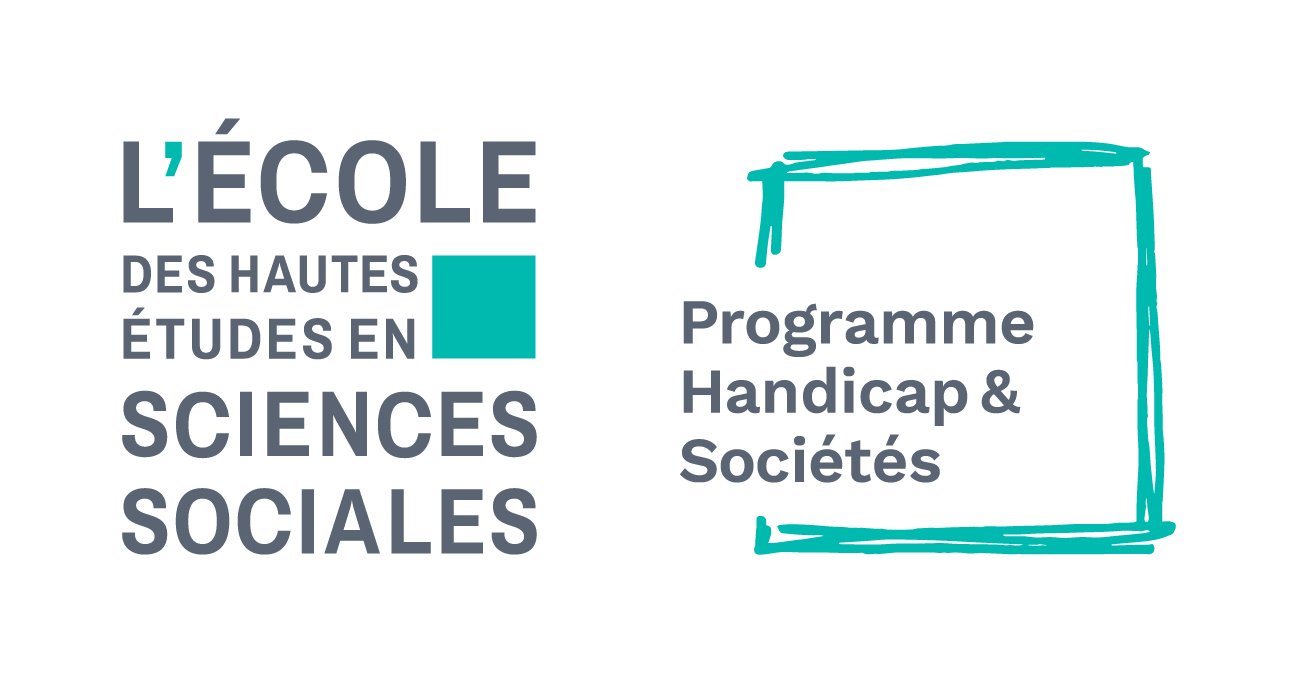The Trouble with Normativity: Descriptions and Prescriptions in Disability Studies
Conférence de Simo Vehmas, chercheur-résident 2024-2025 de l'IEA - Chaire Riksbankens Jubileumsfond Foundation, organisée en collaboration avec le Programme Handicap & Sociétés de l’EHESS.
Conférence en anglais avec transcription en temps réel (vélotypie) et interprétation en LSF / ANGLAIS. La salle est accessible aux personnes à mobilité réduite.
Participation libre sur inscription ici
Présentation
A recognition of disability as primarily a political and an ethical issue has been an important starting point for disability studies that seeks to conceptualize disability as a social phenomenon that is determined by various social, political, cultural, and economic factors rather than by people’s health conditions. One of the main theoretical and political aims of disability studies has been to identify and critique discrimination associated with the ill-treatment of disabled people and their subordination. This ill-treatment and prejudice are usually called ableism, and ableism is viewed as a moral and political wrong, comparable to, for example, racism and sexism.
In other words, disability studies has from its inception conceptualized disability in normative terms, as a phenomenon characterized by various injustices that exclude disabled people from equal opportunities to pursue well-being and a good life. In order to do justice to the empirical reality of disability experience, the related ethical and political issues would need to be addressed. Without normative arguments and judgments about disabled people’s well-being and rights, only partial picture will emerge.
In this lecture, Simo Vehmas will analyse some normative issues in relation disability; how norms related to, for example, language, age or class both reflect and guide disability policy and theory.
|
|
|
|
|
|
